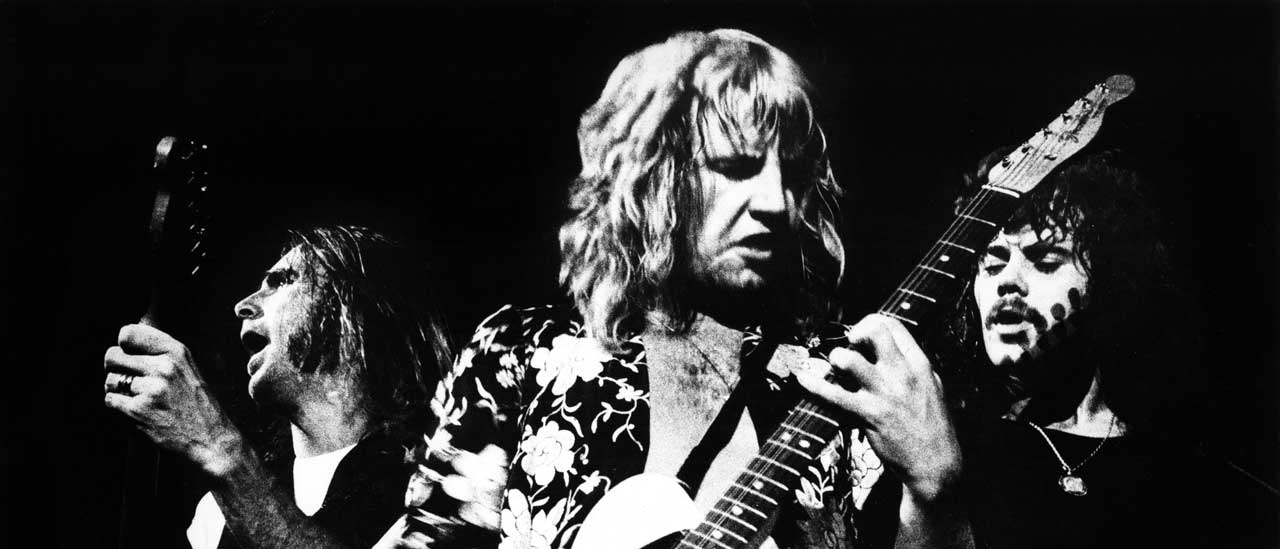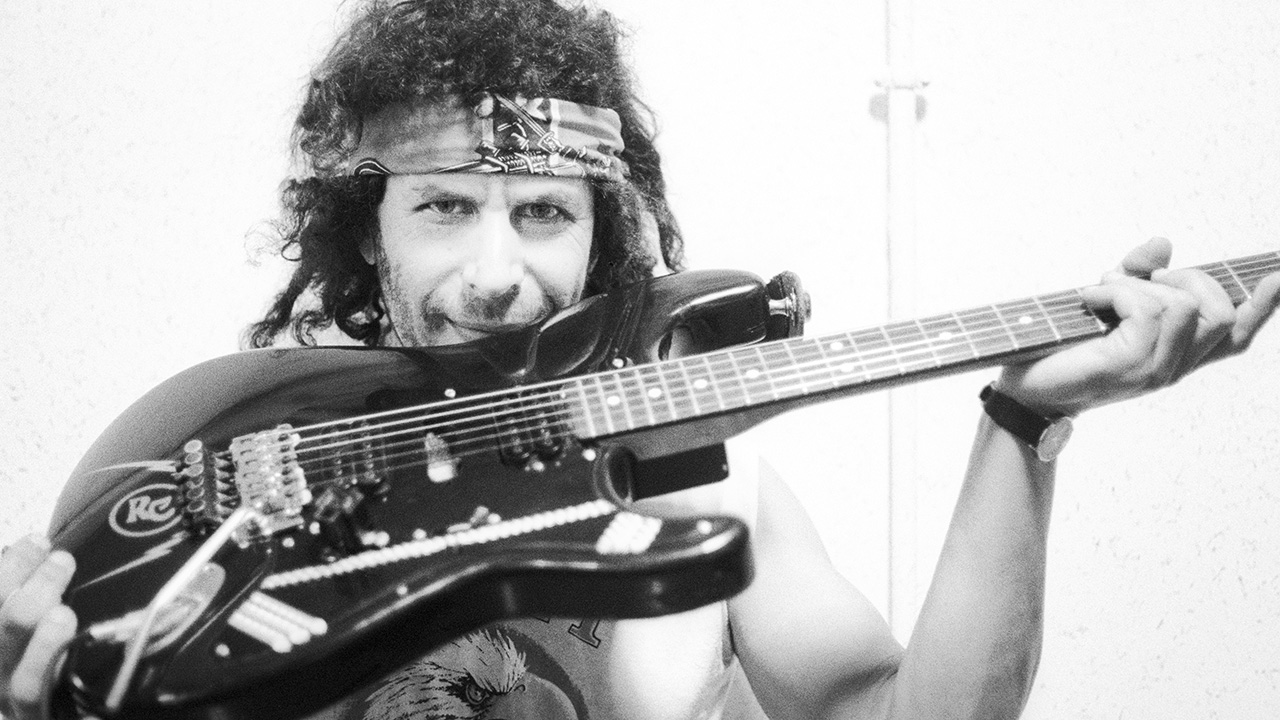You can trust Louder
It has been suggested now and then that Status Quo tracks can sound a little, well, samey. But that’s only to those who don’t appreciate them. Yet even Quo diehards might find largely the same set of songs performed four times in the same box set (two of which are literally identical) a little repetitive.
Nonetheless, as a polished-up re-release of a classic live album, a careful remastering of these recordings from Glasgow Apollo in October 1976 (with all three nights’ full performances thrown in), it does a handsome job, heightening the best qualities of the original without smoothing off any essential rough edges.
People often refer to Quo as being ‘at the peak of their powers’ here. But while that might be true of their live potency, as songwriters and their trajectory towards becoming ‘the people’s band’, they’d barely got started. Not only had they yet to write and record some of their best songs when Live! was recorded, it’s also faintly baffling in retrospect that they didn’t play Down Down or Paper Plane, or other big hits (Break The Rules, Down The Dustpipe). But this is a band who were perhaps eager to prove they were a serious rock band and that singles chart success wasn’t really what they were about.
That’s where this expanded Live! set finds it’s USP. The marathon jams through Forty-Five Hundred Times are central to this album, and on three 16-to-18-minute takes on it here they give themselves licence to roam. Francis Rossi’s guitar playing sounds positively possessed at times, and by the end on one of these nights his guitar isn’t even in tune any more. He’s similarly galvanised on the fretboard on the gutsy renditions of Roll Over Lay Down. Elsewhere the visceral aggression of Quo’s performance also punches holes in the speakers, as when bassist Alan Lancaster gets to the mic and pretty much roars his way through Bye Bye Johnny.
As Classic Rock News Editor Dave Ling’s must-read sleeve notes remind us, the band themselves always differed regarding this record’s value, with perennial malcontent Rossi annoyed at the messy performances, which unlike many live albums of the era went unconcealed by studio overdubs. But as drummer John Coghlan concludes: “Ask any Quo fan and they’ll agree. That rawness was the reason they liked it.”
That ragged glory endures. And there’s enough of it here to keep the Quo army headbanging for, ooh, around forty-five hundred hours, give or take.
Johnny is a regular contributor to Prog and Classic Rock magazines, both online and in print. Johnny is a highly experienced and versatile music writer whose tastes range from prog and hard rock to R’n’B, funk, folk and blues. He has written about music professionally for 30 years, surviving the Britpop wars at the NME in the 90s (under the hard-to-shake teenage nickname Johnny Cigarettes) before branching out to newspapers such as The Guardian and The Independent and magazines such as Uncut, Record Collector and, of course, Prog and Classic Rock.



